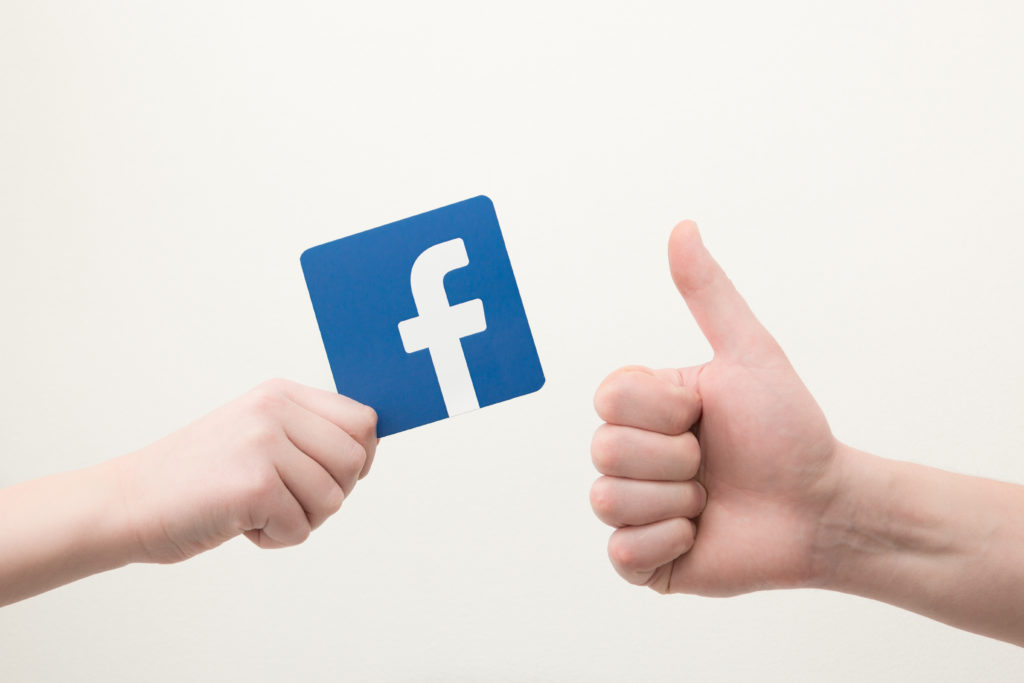
Buyers buy brands.
Look for the top marketing tips for any industry and you will find advice on the importance of building a strong, recognizable brand. A 2017 study in the UK found that 71% of consumers consider the brand when making a purchase decision.
But what happens when buyers no longer trust brands?
When it comes to healthcare branding, this trust is especially important because buyers are often committing their health and wellbeing into your hands when they choose your products and services.
An annual brand trust survey conducted in 2019 states that trust in brands is waning. In fact, 41% of respondents said that they do not trust brands to be truthful and accurate, and that 1 in 3 people did not even trust all of the brands they bought from.
Knowing this, your challenge is to figure out how to build the kind of trust that many brands have failed to instill in buyers.
The Importance of Maintaining Trust in Healthcare Branding
Branding, whether in healthcare or any other industry, is about creating trust and familiarity with consumers. If a brand is done well – as in the case of Uber, Airbnb, or even Kleenex – it has the potential to become synonymous with certain services, lifestyles, or products. Think about this: How many people use “rideshare” or “facial tissue” in day-to-day conversations?
Building trust with consumers could make you a household name. But building trust is not a quick or easy process.
Reasons that buyers trust brands include:
- Quality products and services
- Good reviews from customers
- Fair prices
- Positive interactions with customers
- Acknowledgment and action concerning problems or complaints
- Exceptional workplace culture and treatment of employees
Maintaining all of those things is crucial, but in a world of transparency and openness in brand marketing, any wrong step could set you back.
Take the example of Ellen DeGeneres. She built an entire brand around her name – a brand that was all about joy, positivity, and kindness towards others. When workplace harassment complaints came out, she lost trust with her consumers because they saw that the values that she promoted were not being upheld within her own work environment.
Regaining broken trust is even harder than building it. 45% of consumers say they would never be able to trust a brand again after a scandal like that.
A buyer’s belief in your brand is hard to come by, but surprisingly easy to lose.
How Buyers Form Beliefs About Healthcare Brands
Since buyers often do not trust branding itself to be truthful, they will spend a lot of time doing their own research and formulating their own opinions before engaging with a healthcare brand.
Although this is not always the case, B2B buyers have been known to get as far as 90% of the way through their decision-making process before speaking directly with a sales rep. With the increasing availability of resources and reviews for products and services online, buyers feel less and less the need to go to the brands themselves to get relevant information.
Rather than trusting the brand to give them helpful and honest facts, buyers look to these sources instead:
1. Customer Reviews and Shared Experiences
Buyers do not want to trust marketing gimmicks to tell them which products and services are going to be worth their while. Most prefer the alternative of first-hand customer experience. More than 90% of customers online rely on reviews, and many people place an equal value on personal recommendations that come from people they know and trust.
2. Industry-Related Publications
The appeal to authority is a strong factor in decision making (this is why doctors and lawyers are never chosen to serve on juries). However, when those authorities are peers and experts in the field of healthcare, their opinions and feedback on a brand’s products or services can be extremely useful in choosing the best purchase to make.
3. Influencers
Although the use of influencers is a relatively new marketing approach, 63% of consumers would trust an influencer’s opinion of a product over the brand’s statements. This is in spite of the fact that influencers get paid to promote products. The most trusted influencers, however, are the ones who build platforms on relatability and not celebrity. Buyers see them as peers, as people who are just like them and therefore can offer them a valuable and honest opinion.
How to Make Your Healthcare Branding Relevant and Trustworthy
In all of these things, the common thread seems to be a human voice that is relatable and that offers genuine, relevant insights.
If you want to build buyer trust for your healthcare brand, then you need to engage with customers earlier in the decision-making process through relevant and valuable content.
That could look like product reviews on your webpages or partnerships with social media influencers. It also means providing the kind of content that your customers are looking for in the earlier stages of their search. If you can give them relevant and valuable information on solutions to meet their present need, then you will have a greater chance of getting them to engage with your brand sooner.
Ready to create some relevant content that will help buyers to believe your brand? Contact us to find out how.
